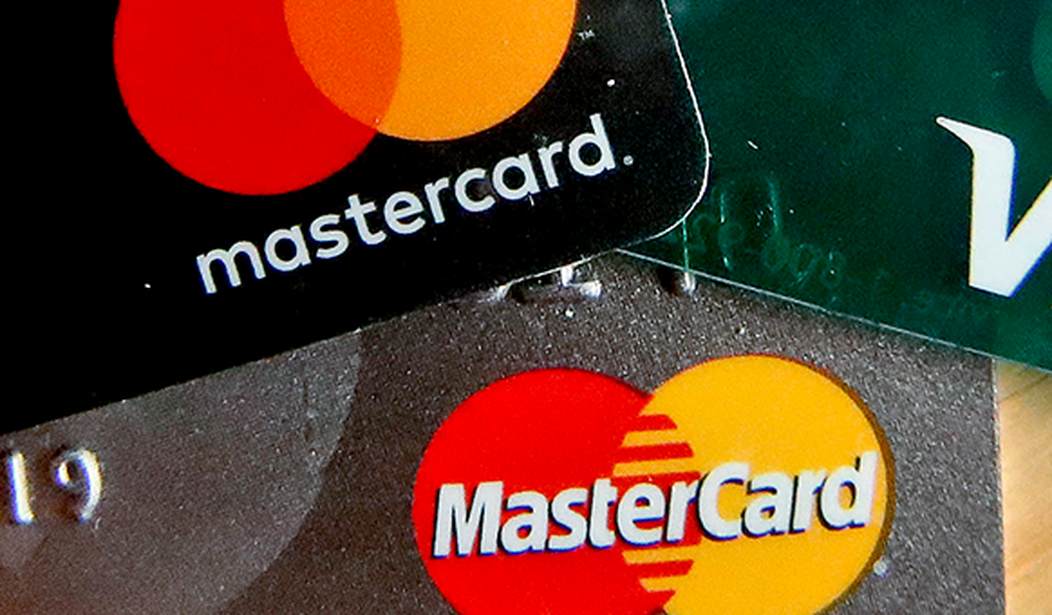The idea of a special merchant category code for credit card companies to use was floated as a solution to mass shootings. The person who floated it probably has never set foot inside of a gun store, of course, but he was sure that mass killers just stockpile thousands of guns and millions of rounds of ammunition or something because he's sure that the behavior of would-be mass murderers can be detected by financial tools designed to look for financial crimes.
He is, of course, an idiot.
Yet a lot of people embraced the idea, and now it's a ridiculous battleground that no one should be fighting, but we can't afford to ignore.
Some states have banned the use of special merchant category codes already, and Alaska has companion bills intending to do the same thing.
At the heart of the matter lies the principle of privacy. Financial institutions have long been entrusted with sensitive personal information. The idea that these institutions could monitor, record, and report on an individual’s legal purchases of firearms and ammunition raises significant legal and ethical questions. It is crucial to consider whether consumers should have the right to engage in legal transactions without being subjected to surveillance or profiling based on their choices. By prohibiting the tracking of these purchases, these bills affirm the importance of personal autonomy and the right to privacy in a constitutional republic.
Moreover, tracking gun and ammunition purchases could set a dangerous precedent. Once the door is opened to monitoring one type of transaction, where does it end? Today, it may be firearms; tomorrow, it could extend to other personal purchases, creating a slippery slope towards broader financial surveillance. The implications are unsettling: a society where individuals are constantly monitored for their purchases could lead to a culture of fear and distrust.
Citizens should not have to worry that their lawful activities might be scrutinized or reported to authorities without just cause.
Legislation that prohibits the tracking of gun and ammo purchases also serves to protect the rights of law-abiding citizens. The vast majority of gun owners are responsible individuals who abide by the law. Subjecting them to tracking merely for exercising their rights can be viewed as an infringement on those rights.
And let's understand that special MCCs for gun stores isn't really going to enlighten anyone as to whether someone is planning a mass murder or some other violent crime, in part because absolutely no gun store I've ever been in just sold guns and ammunition. The margins on those aren't super great, so most stores sell other stuff as well.
How can the tools credit card companies use to detect money laundering going to determine if I bought a gun at the pawn shop or some power tools for woodworking?
How can they determine if I dropped a pile of money at Bass Pro Shops on guns or bought a fishing boat?
They can't look inside the bag, which means they're setting this up based on an initial premise that will never work.
But if a government decided to ban guns, all they have to do is look at who made purchases at stores with that MCC by accessing the records from these companies--companies that aren't necessarily inclined to protect that data, I might add--and they'll have a pretty good idea of where to look for firearms.
This is why privacy is so important when it comes to who is buying what when it comes to guns, but it doesn't just limit it to there. We've seen what other countries do with regard to things like television sets, where you have to buy a license in the UK just to watch TV. How long before some dipstick here decides to do just that here and wants to use credit card records to see who might have a TV?
Yeah, it seems outlandish, but a few years ago, trying to track gun purchases through credit card records seemed pretty outlandish, too.








Join the conversation as a VIP Member